The Jersey City Bitcoin Meetup Store!
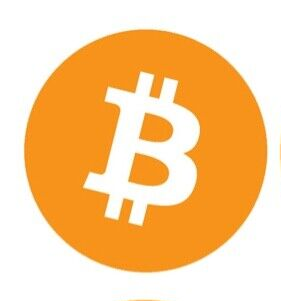
Bitcoin Sticker 2.5" Inch
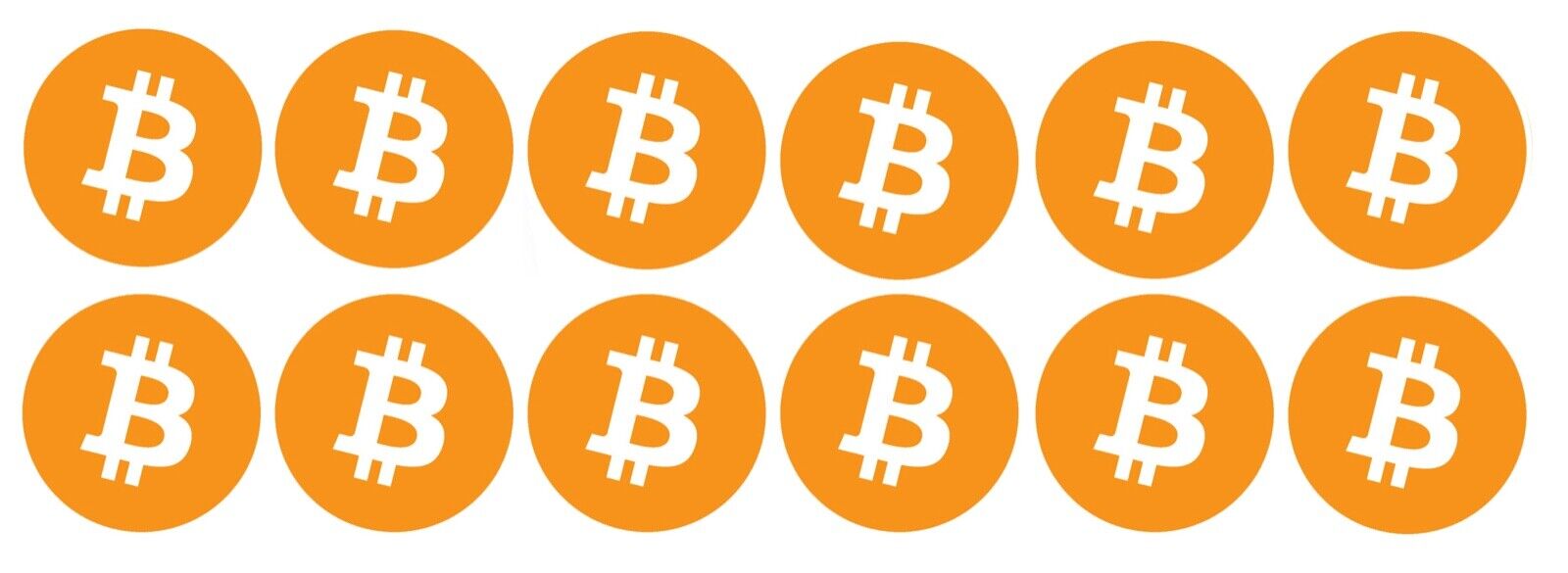
12X Bitcoin Sticker 2.5" Inch

American Bitcoin Hat
This is an American Bitcoin Flag hat with an Embroidered Bitcoin logo on the front. 100% Cotton Vintage Style Fit 5 panel mid-crown Plastic Snap closure Embroidered in California

Bitcoin Sweater
Sizes S M L XL 2XL 3XL 4XL
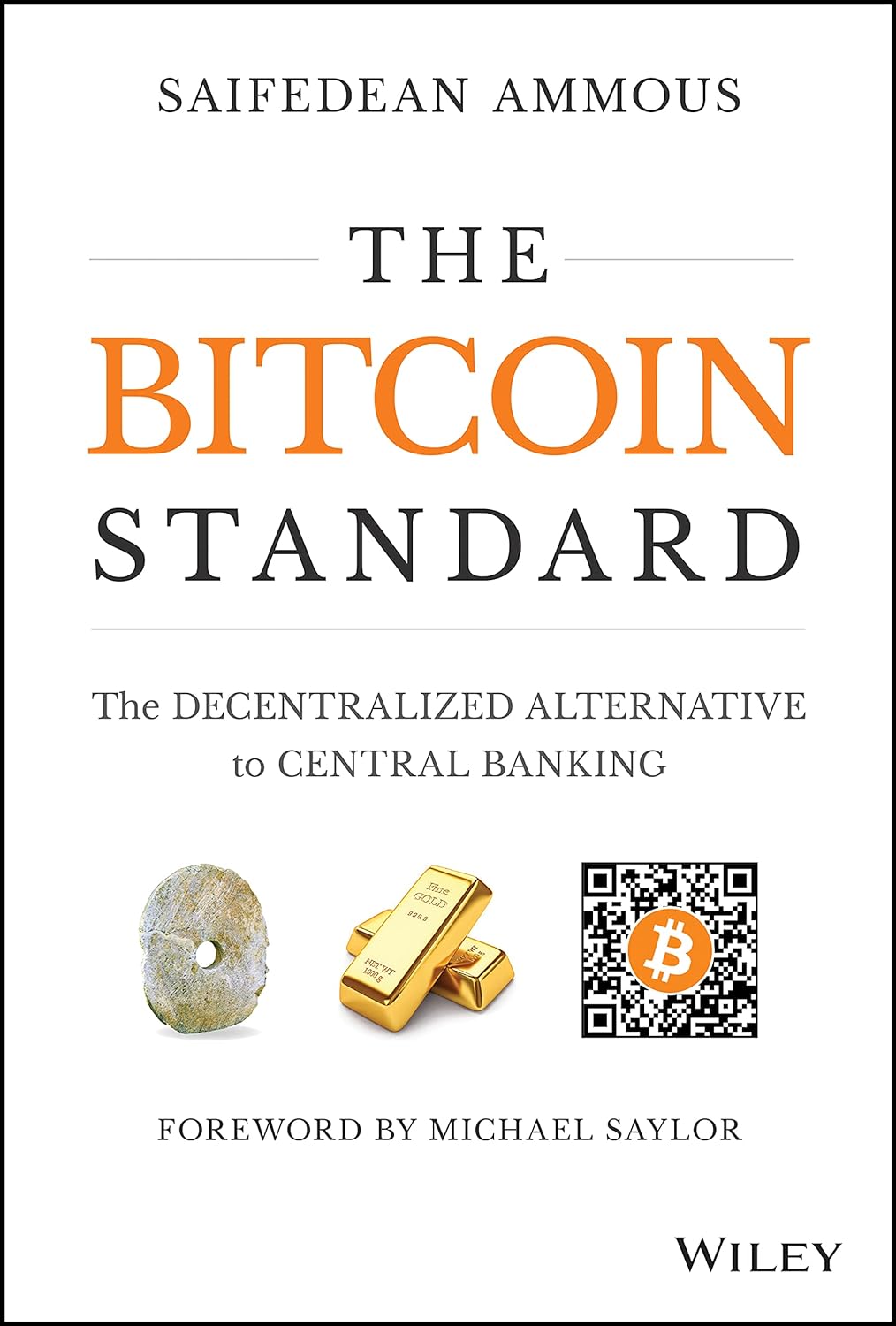
The Bitcoin Standard: The Decentralized Alternative to Central Banking
When a pseudonymous programmer introduced “a new electronic cash system that’s fully peer-to-peer, with no trusted third party” to a small online mailing list in 2008, very few people paid attention. Ten years later, and against all odds, this upstart autonomous decentralized software offers an unstoppable and globally accessible hard money alternative to modern central banks. The Bitcoin Standard analyzes the historical context to the rise of Bitcoin, the economic properties that have allowed it to grow quickly, and its likely economic, political, and social implications. While Bitcoin is an invention of the digital age, the problem it purports to solve is as old as human society itself: transferring value across time and space. Author Saifedean Ammous takes the reader on an engaging journey through the history of technologies performing the functions of money, from primitive systems of trading limestones and seashells, to metals, coins, the gold standard, and modern government debt. Exploring what gave these technologies their monetary role, and how most lost it, provides the reader with a good idea of what makes for sound money, and sets the stage for an economic discussion of its consequences for individual and societal future-orientation, capital accumulation, trade, peace, culture, and art. Compellingly, Ammous shows that it is no coincidence that the loftiest achievements of humanity have come in societies enjoying the benefits of sound monetary regimes, nor is it coincidental that monetary collapse has usually accompanied civilizational collapse. With this background in place, the book moves on to explain the operation of Bitcoin in a functional and intuitive way. Bitcoin is a decentralized, distributed piece of software that converts electricity and processing power into indisputably accurate records, thus allowing its users to utilize the Internet to perform the traditional functions of money without having to rely on, or trust, any authorities or infrastructure in the physical world. Bitcoin is thus best understood as the first successfully implemented form of digital cash and digital hard money. With an automated and perfectly predictable monetary policy, and the ability to perform final settlement of large sums across the world in a matter of minutes, Bitcoin’s real competitive edge might just be as a store of value and network for the final settlement of large payments―a digital form of gold with a built-in settlement infrastructure. Ammous’ firm grasp of the technological possibilities as well as the historical realities of monetary evolution provides for a fascinating exploration of the ramifications of voluntary free market money. As it challenges the most sacred of government monopolies, Bitcoin shifts the pendulum of sovereignty away from governments in favor of individuals, offering us the tantalizing possibility of a world where money is fully extricated from politics and unrestrained by borders. The final chapter of the book explores some of the most common questions surrounding Bitcoin: Is Bitcoin mining a waste of energy? Is Bitcoin for criminals? Who controls Bitcoin, and can they change it if they please? How can Bitcoin be killed? And what to make of all the thousands of Bitcoin knockoffs, and the many supposed applications of Bitcoin’s ‘block chain technology’? The Bitcoin Standard is the essential resource for a clear understanding of the rise of the Internet’s decentralized, apolitical, free-market alternative to national central banks.
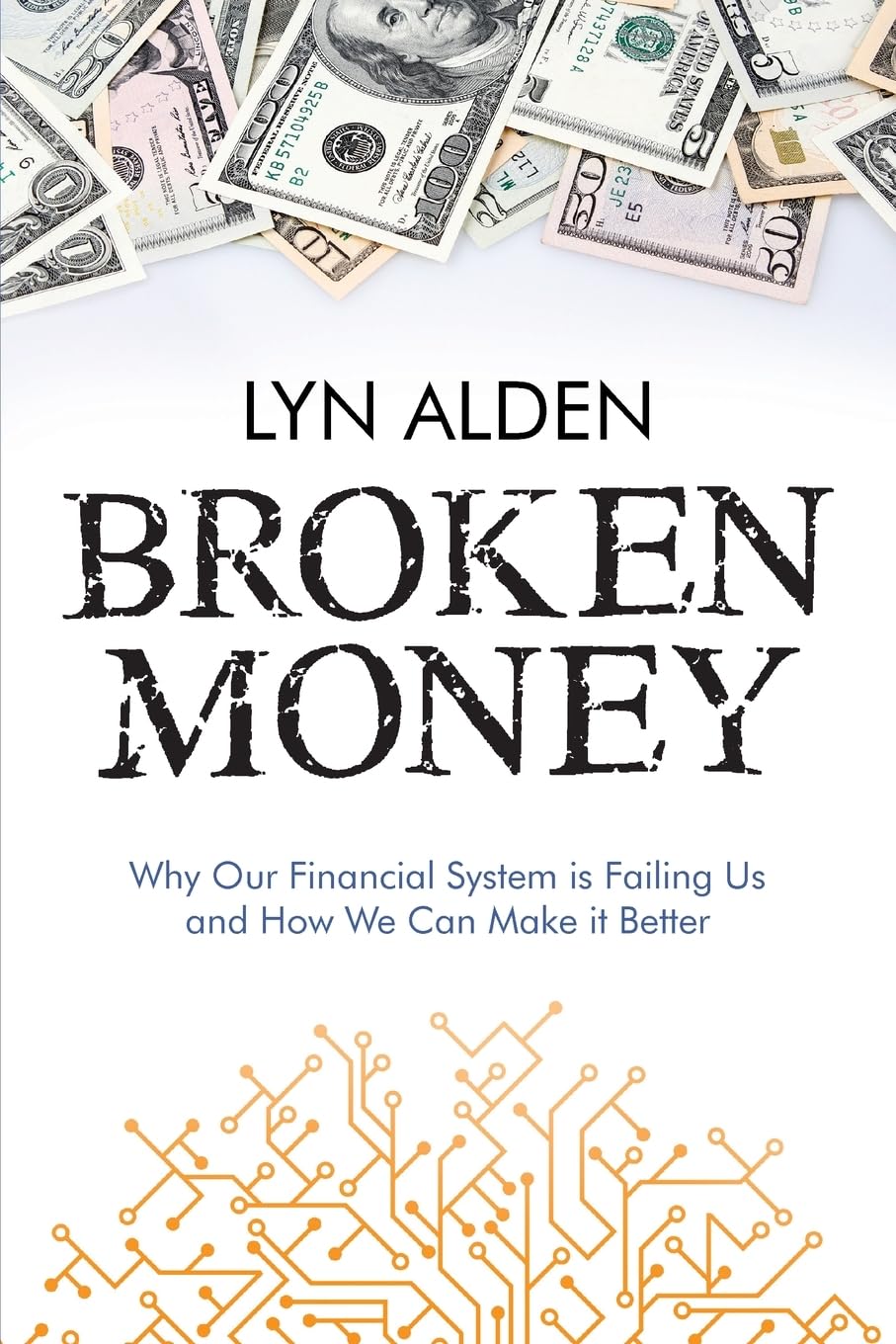
Broken Money: Why Our Financial System is Failing Us and How We Can Make it Better
A Comprehensive Overview of the Past, Present, and Future of Money Broken Money explores the history of money through the lens of technology. Politics can affect things temporarily and locally, but technology is what drives things forward globally and permanently. The book's goal is for the reader to walk away with a deep understanding of money and monetary history, both in terms of theoretical foundations and in terms of practical implications. From shells to gold, from papyrus bills of exchange to central banks, and from the invention of the telegraph to the creation of Bitcoin, Lyn Alden walks the reader through the emergence of new technologies that have shaped what we use as money over the ages. And beyond that, Alden explores the concept of what money is at its very foundation to give the reader a framework to analyze and compare different types of monetary technologies and monetary theories. The book also takes a distinctively human look at how money impacts the lives of real people, and how new monetary technologies shape the power structures within society. In the modern era, energy abundance and technological enhancements have broadly improved human well-being, but the global monetary system has been slow to keep up. There are over 160 active currencies in the world, each with a local monopoly over its own country, and with little or no acceptance elsewhere. Many of them are rapidly diluted, which continually devalues the savings and the wages of the billions of people who live and work within those jurisdictions. Being born in the "wrong" country makes saving money far harder than it needs to be. Nigeria has a population of over 200 million people and has averaged 13% annualized inflation over the past decade. Egypt cut its currency in half relative to the dollar twice over the past decade, which instantly devalued the savings and wages of its 100 million citizens. Dozens of countries have experienced at least triple-digit year-over-year inflation within the past four decades, including Brazil that outright hyperinflated in the 1990s while it was the fifth most populous country in the world. Europe and Japan had $18 trillion worth of negative-yielding bonds in 2019, right before a wave of inflation wiped their purchasing power away. In 2021, the chairman of the U.S. Federal Reserve dismissed the idea that the sharp rise in the money supply from the pandemic stimulus would lead to price inflation. By 2022, as major inflation emerged, the chairman rapidly changed his outlook and tightened monetary policy so quickly that it led to the failure of some of the largest banks in the country. How did we get to this point? Why isn't our money better than this in the 21st century? Broken Money answers these questions by examining the current mix of technology that has led to these limitations, and then explores emerging technologies that may be able to provide us with a monetary system that is fit for the modern era.
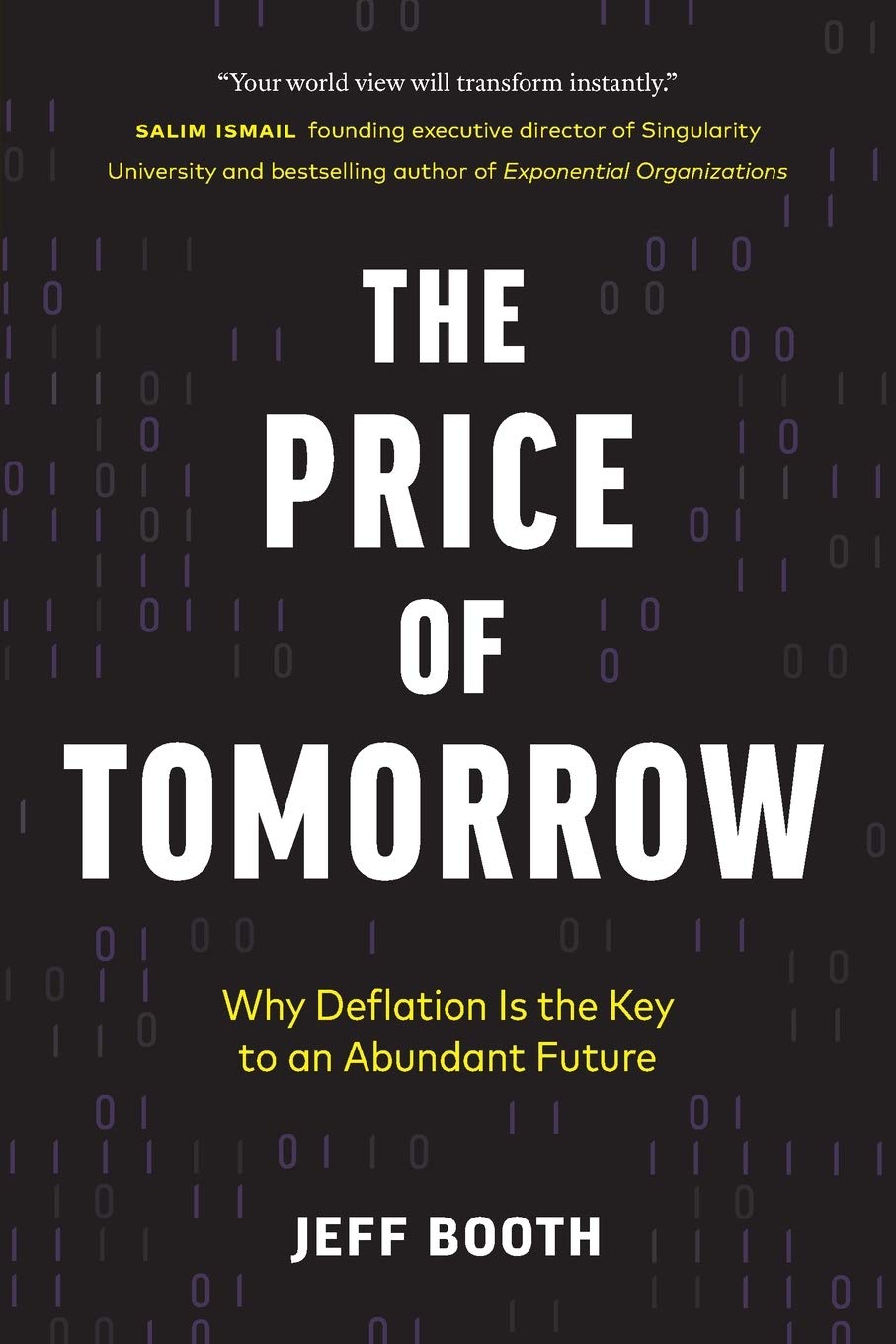
The Price of Tomorrow: Why Deflation is the Key to an Abundant Future
Your world view will transform instantly" - Salim Ismail, Best Selling Author of 'Exponential Organizations' We live in an extraordinary time. Technological advances are happening at a rate faster than our ability to understand them, and in a world that moves faster than we can imagine, we cannot afford to stand still. These advances bring efficiency and abundance—and they are profoundly deflationary. Our economic systems were built for a pre-technology era when labour and capital were inextricably linked, an era that counted on growth and inflation, an era where we made money from inefficiency. That era is over, but we keep on pretending that those economic systems still work. The only thing driving growth in the world today is easy credit, which is being created at a pace that is hard to comprehend—and with it, debt that we will never be able to pay back. As we try to artificially drive an economic system built for the past, we are creating more than just economic trouble. On our current path, our world will become profoundly more polarized and unsafe. We need to build a new framework for our local and global economies, and soon; we need to accept deflation and embrace the abundance it can bring. Otherwise, the same technology that has the power to bring abundance to us and our world will instead destroy it. In this extraordinary contrarian book, Jeff Booth, a leading mind and CEO in e-commerce and technology for 20 years, details the technological and economic realities shaping our present and our future, and the choices we face as we go forward—a potentially alarming, but deeply hopeful situation.
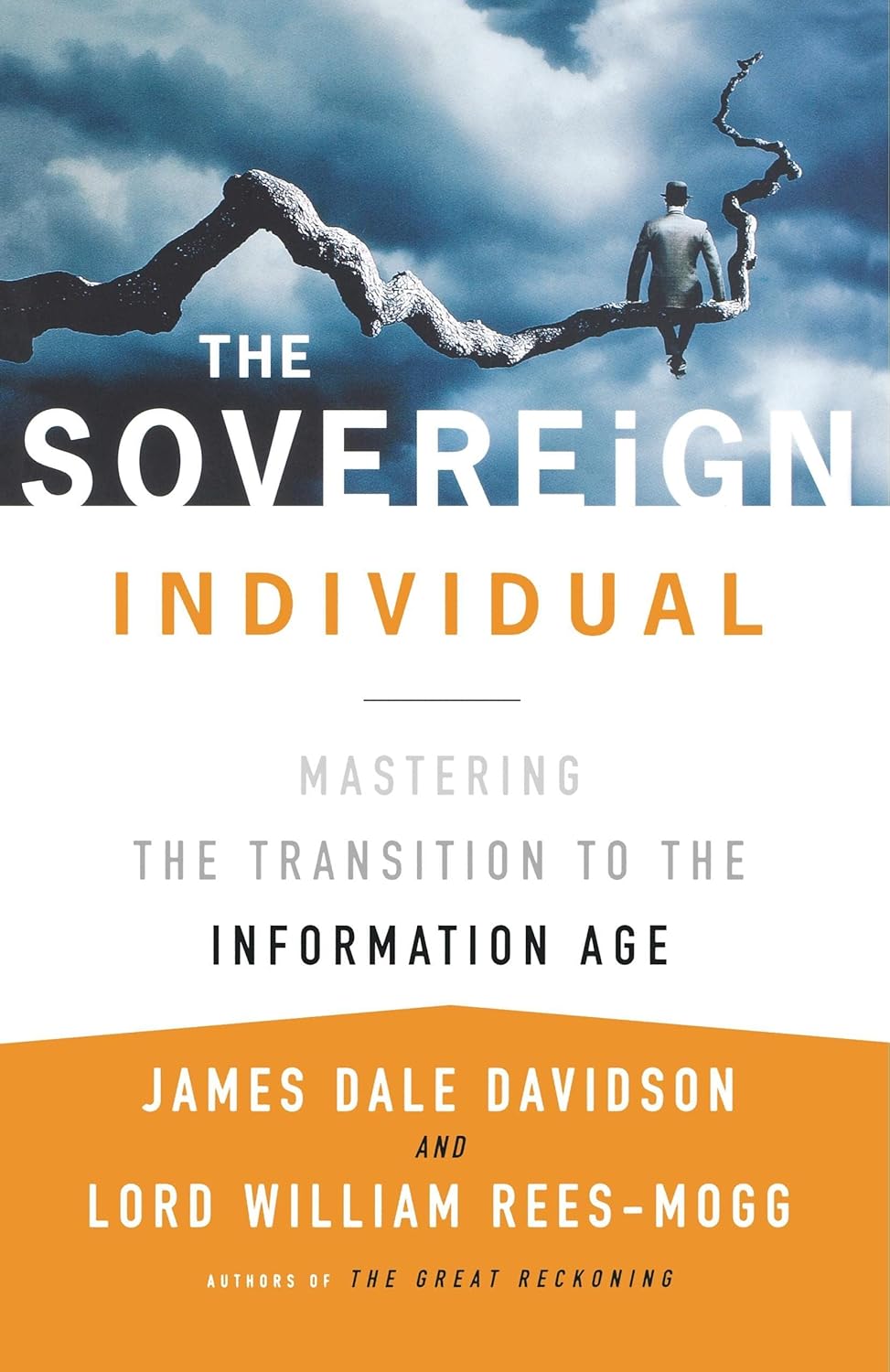
The Sovereign Individual: Mastering the Transition to the Information Age
Now featuring a new preface by Peter Thiel Two renowned investment advisors and authors of the bestseller The Great Reckoning bring to light both currents of disaster and the potential for prosperity and renewal in the face of radical changes in human history as we move into the next century. The Sovereign Individual details strategies necessary for adapting financially to the next phase of Western civilization. Few observers of the late twentieth century have their fingers so presciently on the pulse of the global political and economic realignment ushering in the new millennium as do James Dale Davidson and Lord William Rees-Mogg. Their bold prediction of disaster on Wall Street in Blood in the Streets was borne out by Black Tuesday. In their ensuing bestseller, The Great Reckoning, published just weeks before the coup attempt against Gorbachev, they analyzed the pending collapse of the Soviet Union and foretold the civil war in Yugoslavia and other events that have proved to be among the most searing developments of the past few years. In The Sovereign Individual, Davidson and Rees-Mogg explore the greatest economic and political transition in centuries—the shift from an industrial to an information-based society. This transition, which they have termed "the fourth stage of human society," will liberate individuals as never before, irrevocably altering the power of government. This outstanding book will replace false hopes and fictions with new understanding and clarified values.
